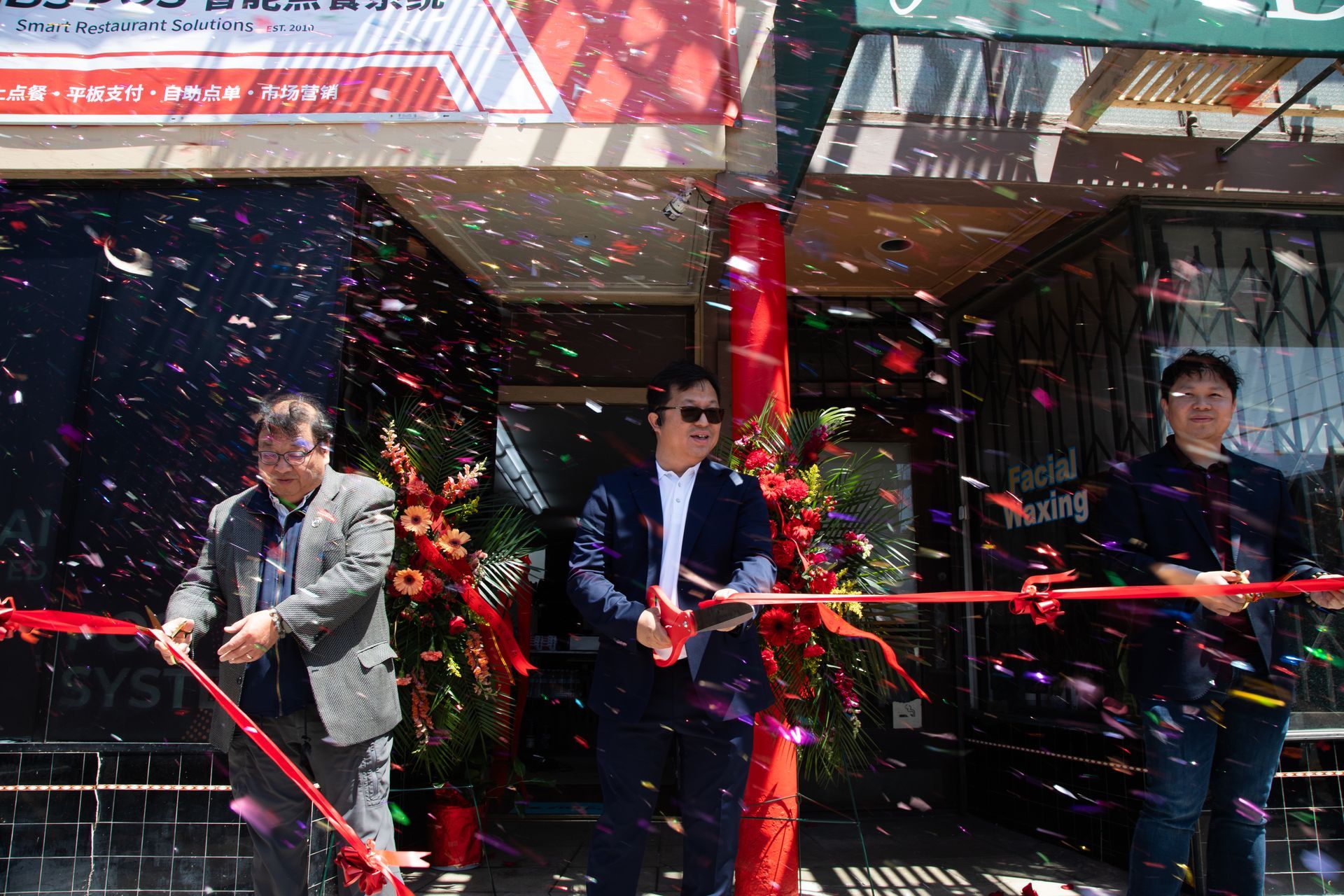What is Sushi, Sashimi, Nigiri, Hibachi, and AYCE Sushi? A Guide for Modern Japanese Restaurants
Japanese cuisine continues to grow in popularity across the United States, with customers seeking not just great food, but also authentic, memorable dining experiences. Whether you're running a traditional sushi bar, an interactive hibachi grill, or a fast-paced AYCE (All-You-Can-Eat) sushi restaurant, understanding the fundamentals of your menu—and how to operate efficiently—is essential to long-term success.
In this guide, we’ll break down the differences between sushi, sashimi, nigiri, hibachi, and AYCE sushi formats. We'll also show how ZBSPOS technology can streamline your operations, grow your revenue, cut costs, and improve the guest experience—specifically for Japanese restaurant owners in the U.S.
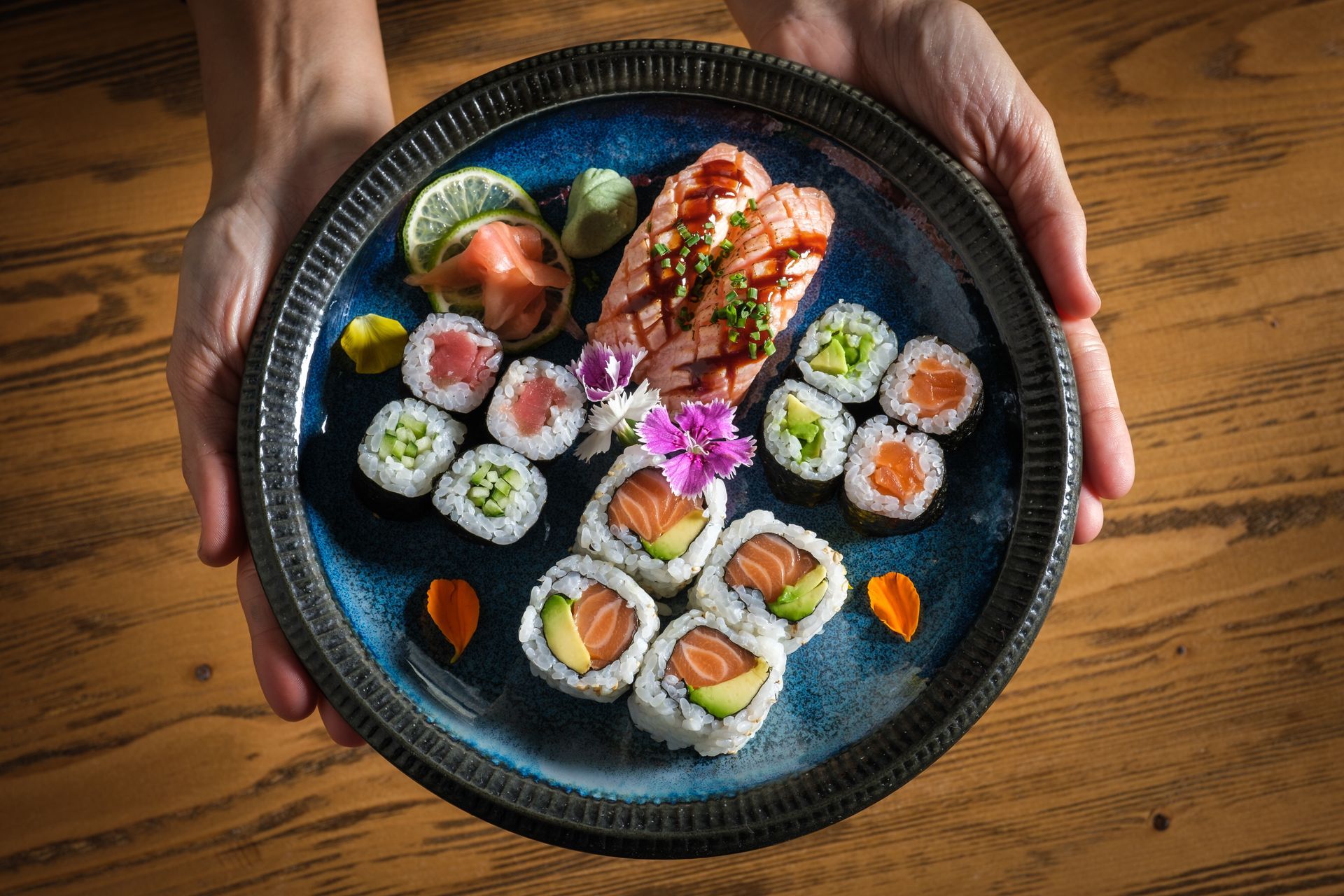
What Is Sushi?
Sushi refers to vinegared rice combined with ingredients like seafood (raw or cooked), vegetables, and sometimes seaweed. It's the cornerstone of Japanese cuisine, offering endless customization for customers.
Common Types:
- Maki (rolled sushi)
- Temaki (hand rolls)
- Chirashi (scattered rice bowls)
Restaurant Fit:
- Traditional sushi bars
- AYCE sushi restaurants
- Takeout/delivery-focused sushi shops
How ZBSPOS Helps:
- Customizable POS Menus
for handling complex sushi combinations and ingredient modifiers
- Online Ordering Integration to support takeout and delivery without overloading staff
- Kitchen Display System (KDS) to streamline high-volume sushi orders during peak hours
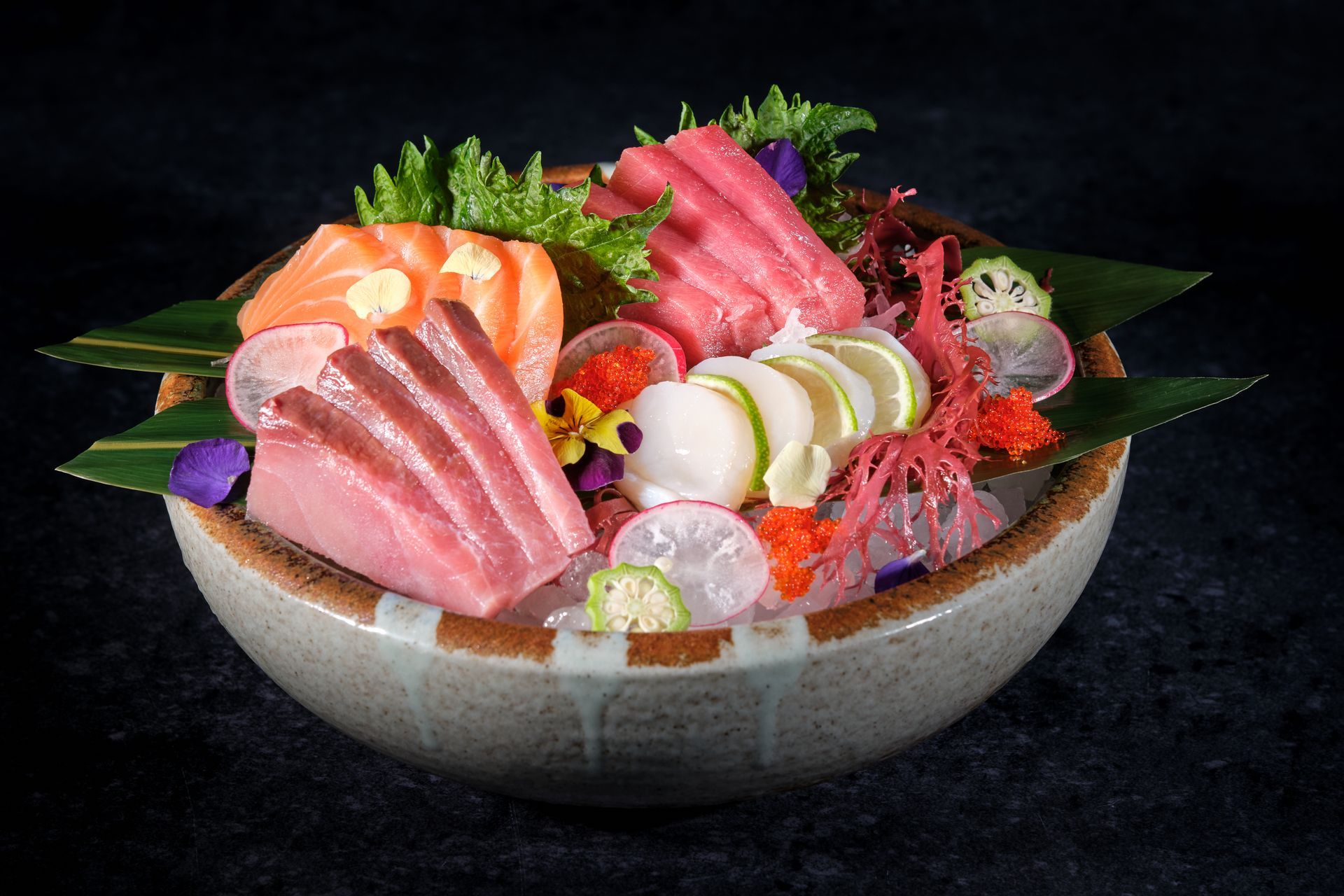
What Is Sashimi?
Sashimi is thinly sliced raw fish or seafood served without rice. It’s a premium offering that highlights freshness and skill.
Key Ingredients:
Tuna (maguro), salmon (sake), yellowtail (hamachi), and more
Restaurant Fit:
- Upscale Japanese restaurants
- Omakase or chef’s tasting menus
How ZBSPOS Helps:
- Inventory Management to track high-value, perishable ingredients like fresh fish
- Digital Menu Boards or Tablets to visually highlight premium sashimi cuts to guests
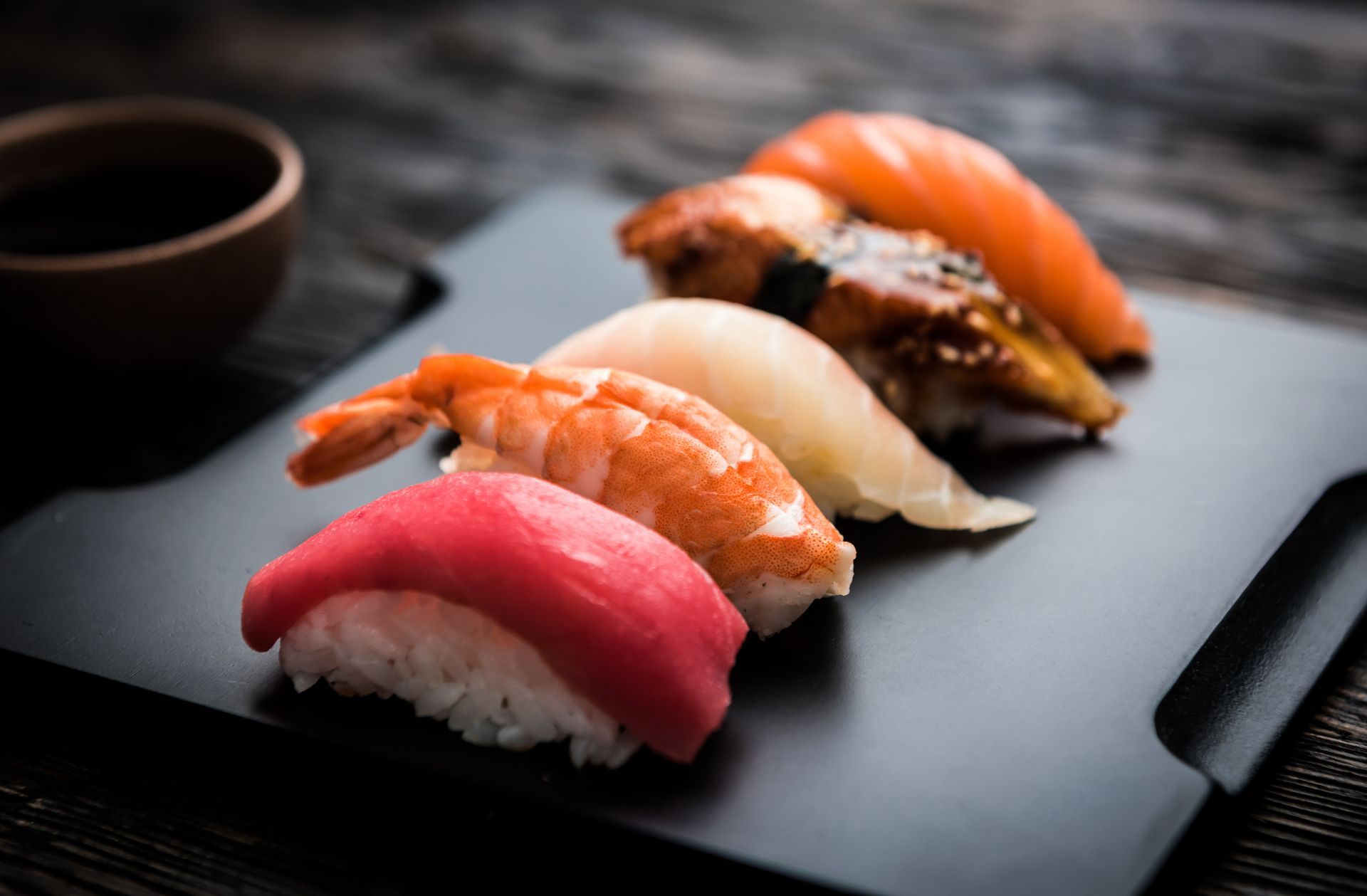
What Is Nigiri?
Nigiri is a specific type of sushi made by hand-pressing a ball of vinegared rice and topping it with a slice of raw or cooked fish.
Common Toppings:
Salmon, eel, shrimp, squid, or egg (tamago)
Restaurant Fit:
- Traditional sushi establishments
- Fine-dining or casual Japanese restaurants
How ZBSPOS Helps:
- Table Mapping & Order Tracking to handle personalized nigiri orders per seat
- Tablet Ordering
so customers can reorder favorites directly, perfect for repeat orders in AYCE formats
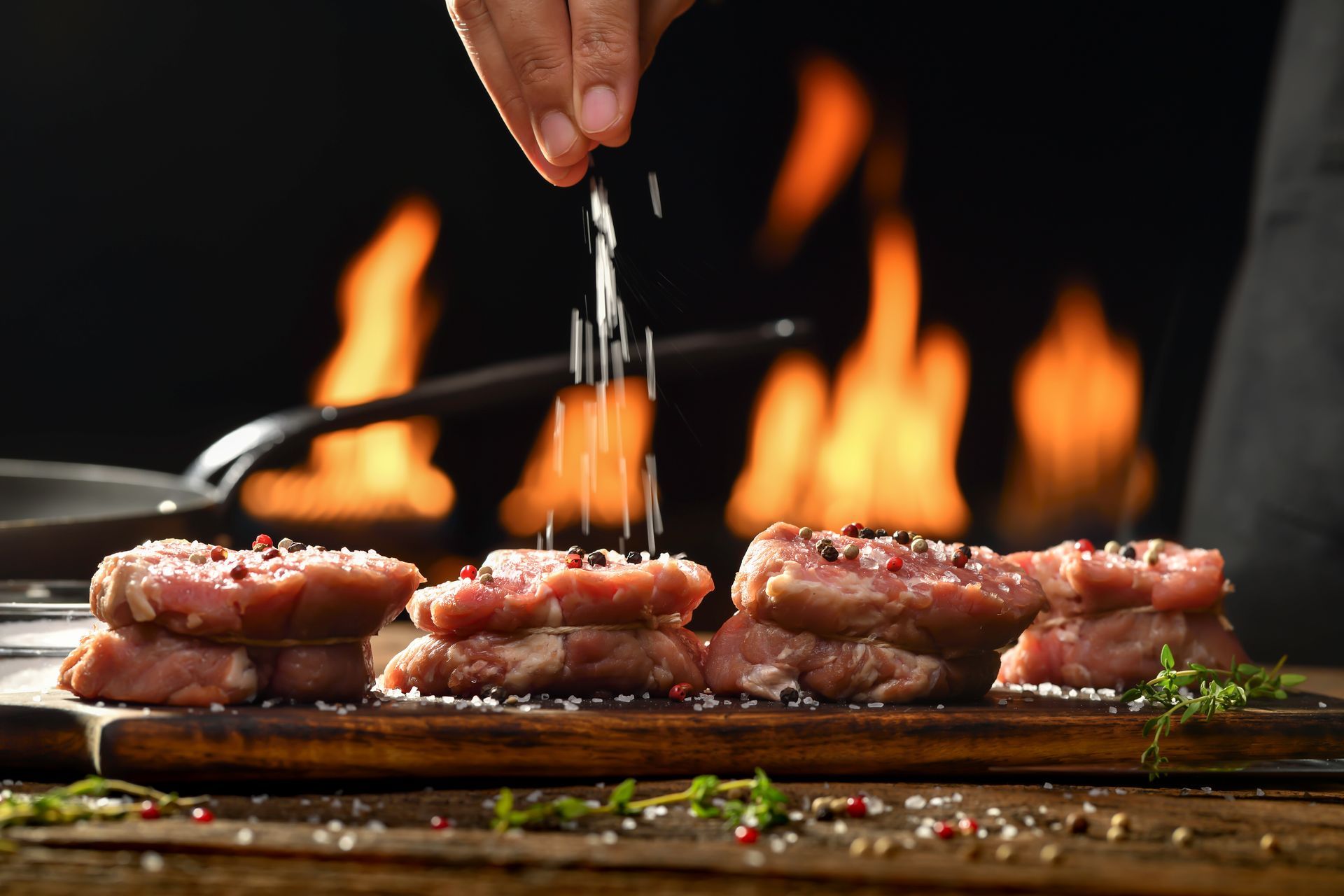
What Is Hibachi?
In the U.S., hibachi typically refers to Japanese-style grilled cuisine, often cooked tableside on a large iron griddle—a style more accurately called teppanyaki. It’s an experience-driven format combining food and entertainment.
Common Dishes:
Grilled steak, shrimp, chicken, noodles, and fried rice
Restaurant Fit:
- Hibachi grills and Japanese steakhouses
- Group dining and family-oriented establishments
How ZBSPOS Helps:
- Waitlist &
Reservation System to manage large groups and time seating with chef availability
- Tableside Payment Solutions to speed up checkout after the performance ends
- Custom Modifier Buttons for side sauces, doneness preferences, and special requests
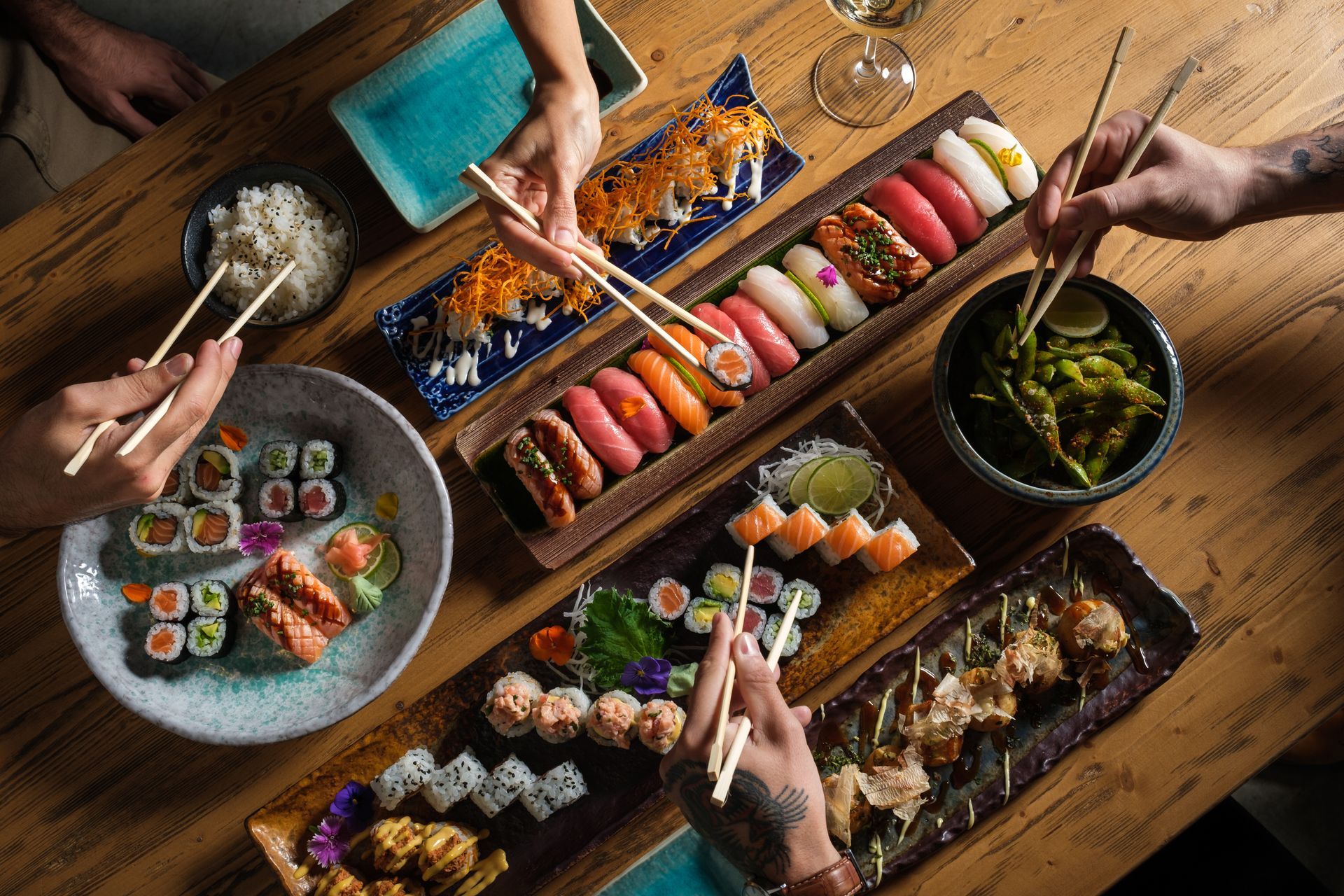
What Is AYCE Sushi?
All-You-Can-Eat (AYCE) Sushi restaurants offer unlimited dining for a fixed price. Guests can order in rounds and sample a wide range of sushi, rolls, and appetizers. While profitable when done right, AYCE dining is complex to manage and requires the right tools to avoid food waste, inefficiencies, or long wait times.
Unique Challenges:
- High order volume, especially during weekends
- Repeat orders, customized preferences
- Preventing over-ordering and food waste
- Efficient table turnover
How ZBSPOS Helps:
- Tablet Ordering at Table: Guests can order round-by-round without needing a server every time
- Real-Time
POS Reporting: Track popular items and identify slow-moving or high-cost dishes
- Built-in Order Limits: Set round rules or dish restrictions to manage AYCE inventory better
- Integrated
Online Waitlist: Keep peak-hour crowds organized and reduce front-desk pressure
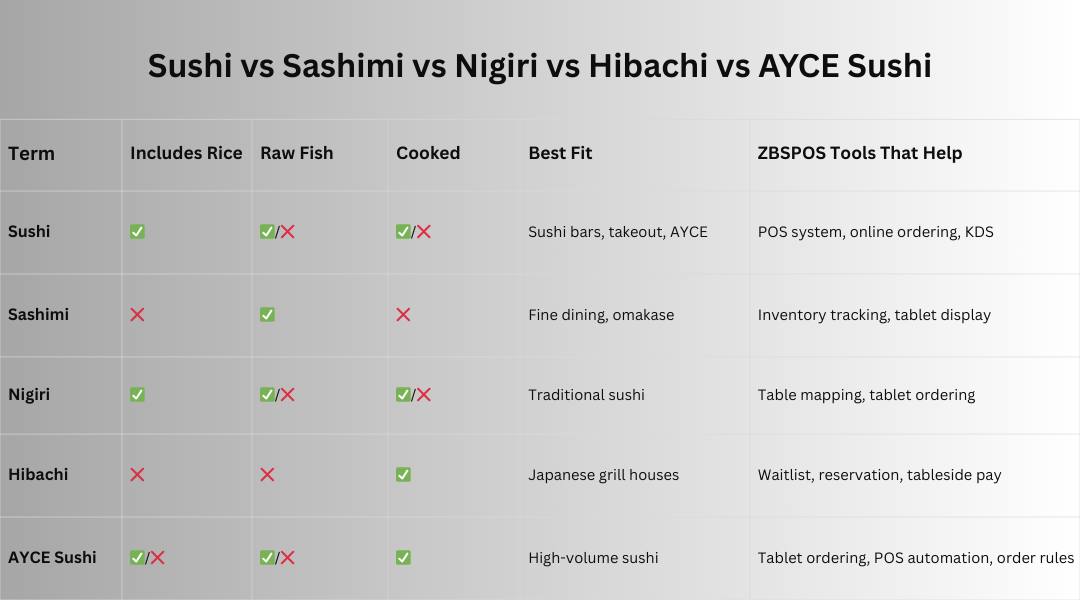
Final Takeaway for U.S. Restaurant Owners
Whether you’re launching a new Japanese dining concept or upgrading an existing one, mastering the distinctions between sushi, sashimi, nigiri, hibachi, and AYCE dining is just the first step. To stay competitive in the U.S. market, efficiency, automation, and customer experience must come together—and that’s where ZBSPOS makes the difference.
We provide a full suite of tools designed specifically for modern Japanese restaurants, including:
- Smart POS systems
- Online ordering
- Tablet-based self-ordering
- Waitlist and reservation management
- Tableside payment solutions
Want to elevate your Japanese restaurant with the right technology? Schedule a free demo with ZBSPOS today and discover how we can help you streamline operations and serve more customers with less stress.

zbs pos resource
The RESTAURANT mARKETING GUIDE
You don’t need to be a marketing expert to grow your restaurant. Our step-by-step marketing guide is built to help you attract new customers, boost repeat visits, and increase sales—without the overwhelm.
Whether you're just getting started or looking to level up your current strategy, this guide breaks it all down in a clear, actionable way. No complicated jargon, no expensive consultants—just practical tools and proven tactics that actually work.
Recommend Read:
DISCLAIMER: This content is for informational purposes only and is not intended to be used as legal, accounting, tax, HR or other professional advice. You are responsible for you and your businesses' legal and regulatory compliance. Contact your attorney, accountant, or any other relevant professional for specific advice related to your own needs and circumstances.
